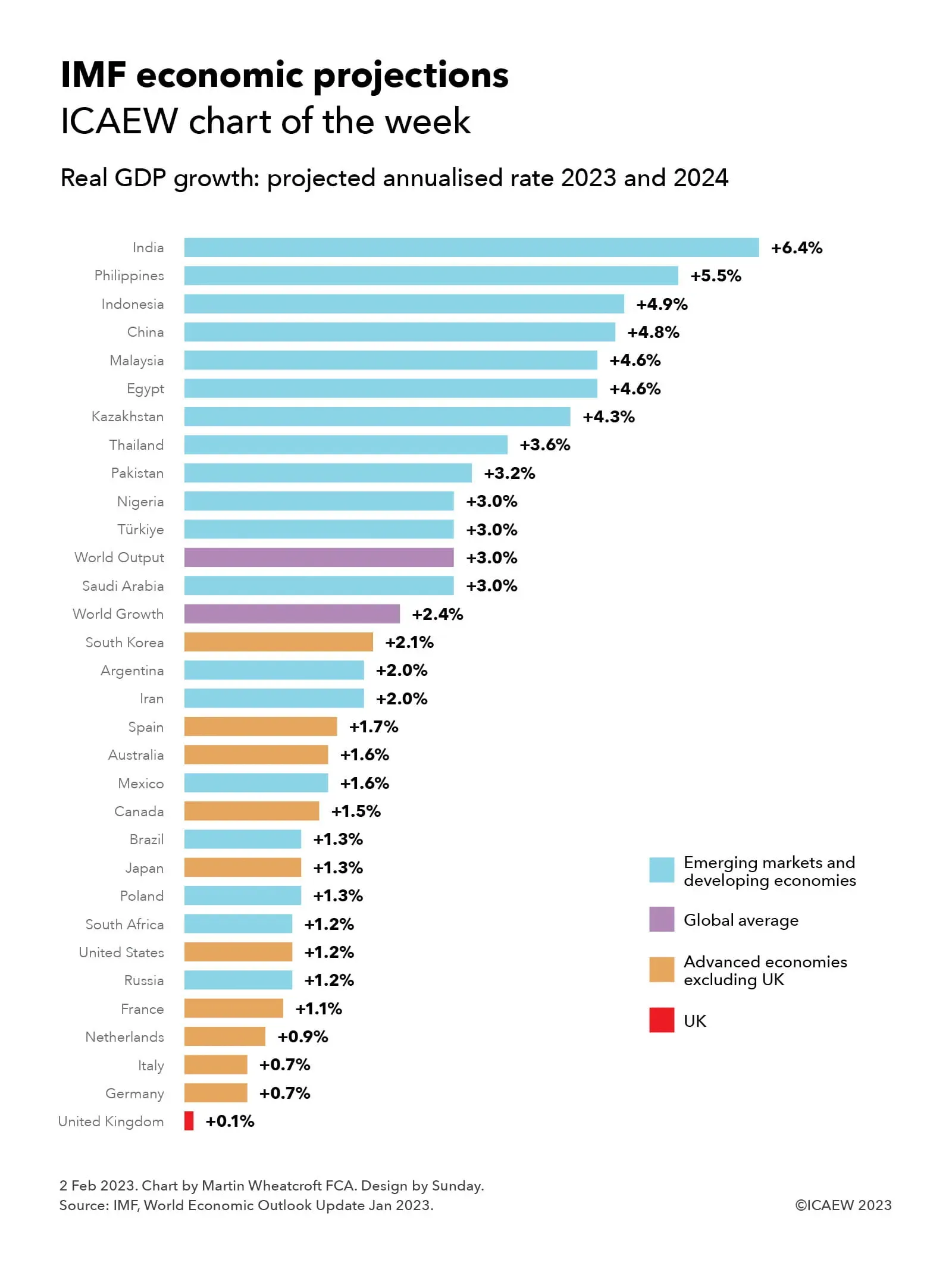Is the U.S. Economy on the Brink of a Major Shift? Find Out Now!
The U.S. economy is currently navigating a tumultuous landscape marked by various challenges and opportunities. As inflation continues to grip the nation, rising healthcare costs and the lingering effects of the COVID-19 pandemic have left many Americans anxious about their financial futures. With predictions of a potential recession looming in 2024, the question arises: Is the U.S. economy on the brink of a major shift?
Inflation Concerns
Inflation has become a pressing issue for many Americans, significantly affecting purchasing power. According to recent surveys, 77% of Republicans view inflation as a very big problem, while 73% of Democrats express similar concerns regarding healthcare affordability. This widespread anxiety is reflective of the broader economic instability that many families are experiencing, which is compounded by rising costs of living.
Rising Healthcare Costs
Healthcare costs have emerged as a significant burden on both families and businesses. As more Americans struggle to afford medical care, the implications for economic stability are profound. The Pew Research Center highlights that 73% of Americans believe that healthcare affordability is a major issue, underscoring the urgency for policy reform in this area.
Economic Recovery Post-COVID
The U.S. economy is still grappling with the aftermath of the COVID-19 pandemic. While some sectors have shown resilience, others are lagging behind, creating a patchwork of recovery across the nation. This uneven recovery has led to disparities in job availability and wage growth, further complicating the economic landscape. As businesses adapt to post-pandemic realities, the need for a cohesive recovery strategy becomes increasingly vital.
Potential Recession on the Horizon
Experts are warning of a potential recession in 2024, which could have dire consequences for job security and consumer spending. Economic forecasts indicate that if a recession occurs, it may lead to increased unemployment rates and a significant downturn in consumer confidence. With high levels of national and consumer debt, the risks associated with a recession are particularly concerning for economic stability.
Energy Independence
On a more positive note, the U.S. has made significant strides toward energy independence, becoming the world’s largest natural gas producer. This shift has the potential to reshape economic dynamics, providing new opportunities for job creation and investment in renewable energy sources. As the nation continues to pivot towards sustainable energy, the economic implications could be far-reaching.
Partisan Politics and Economic Policy
The current political landscape is marked by deep divisions, which are impacting economic policy-making. With more Americans aligning with Republican views on economic policy, there is a growing sentiment that bipartisan cooperation is essential for addressing critical economic issues. However, the lack of collaboration among political leaders hampers progress, leaving many economic challenges unaddressed.
Labor Market Trends and Consumer Confidence
The labor market is experiencing notable shifts, with changes in job availability and wage growth affecting economic stability. Fluctuations in consumer confidence are also significant, as they can directly impact spending habits and overall economic growth. As consumers navigate these uncertainties, their spending patterns will play a crucial role in determining the trajectory of the economy.
Global Economic Factors
International trade tensions and global economic conditions continue to influence the U.S. economy. Factors such as tariffs and trade agreements can have substantial impacts on exports and imports, further complicating the economic landscape. As the world becomes increasingly interconnected, the implications of global economic factors cannot be overlooked.
Conclusion: Navigating the Future
In conclusion, the U.S. economy stands at a crossroads, facing a myriad of challenges and opportunities. With inflation, rising healthcare costs, and the potential for a recession on the horizon, the stakes are high for American families and businesses alike. However, the strides toward energy independence and the ongoing discussions about economic policy reform offer a glimmer of hope.
As we move forward, it is imperative that policymakers prioritize collaboration and innovation to address these pressing economic issues. The future of the U.S. economy depends on our ability to navigate these changes effectively, ensuring stability and growth for all Americans.






Leave a Comment